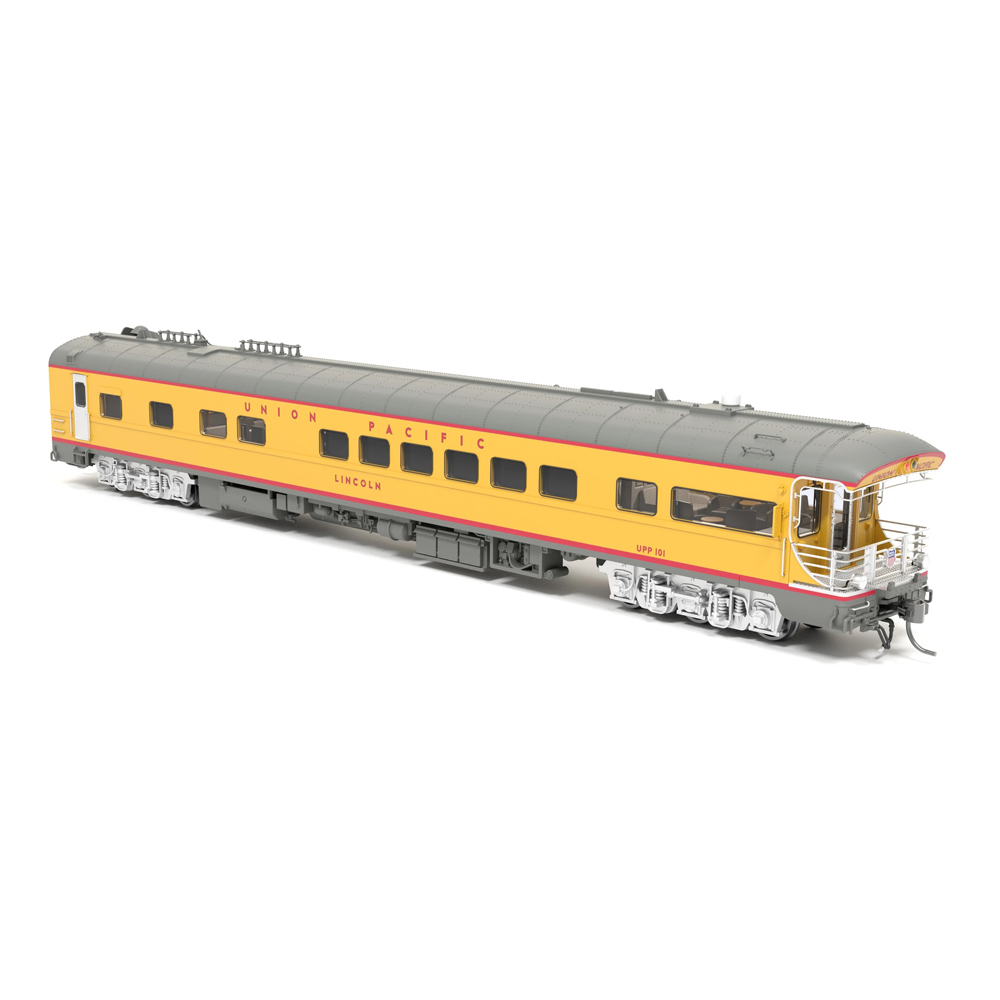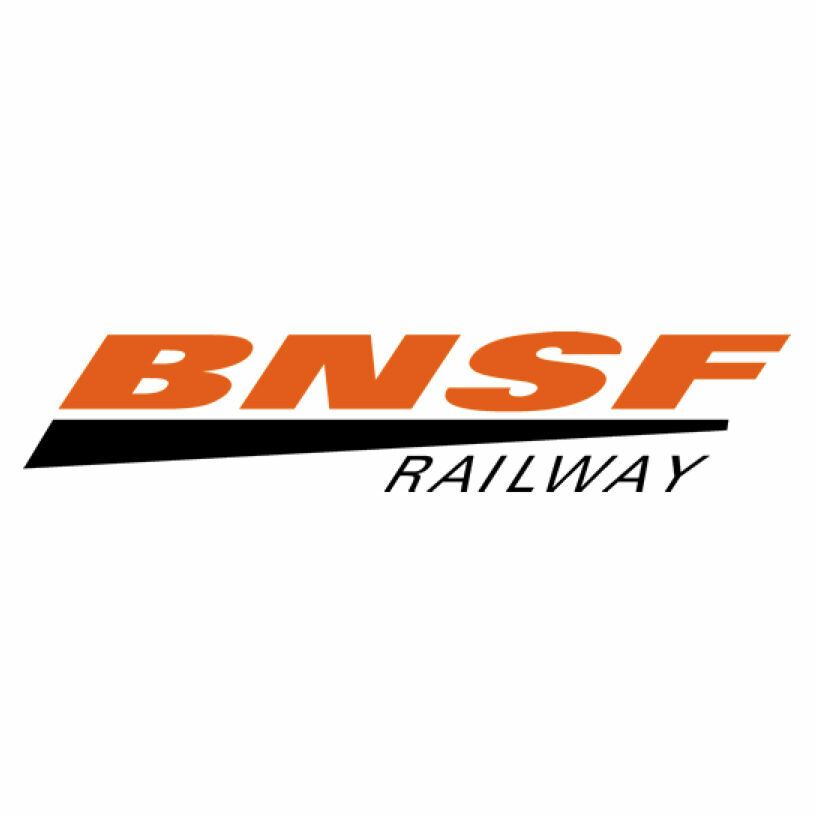
OTTAWA, Ontario — A union representing more than 5,000 Canadian National Railway employees in Canada has charged the railroad has been tracking the off-hours location of employees through company-issued computer tablets.
The Teamsters Canada Rail Conference, in a message to members earlier this month on its website, said it had “become aware CN is utilizating the geographical tracking functionalities of the tablets … to monitor the whereabouts of employees even during their off-duty hours” and advised members leave the tablets in their lockers or with their immediate supervisors at the conclusion of their shift.” The union said it was seeking legal counsel “to pursue corrective measures for this breach of privacy.”
CTV News reports it was told by the union’s director of public affairs, Christopher Monette, that the TCRC learned of the tracking during a disciplinary procedure, and called the tracking “spying,” saying “it’s wrong, and it’s illegal in our view … on top of it being creepy, it’s downright dystopian.”
CTV said CN declined an interview request. Spokesman Jonathan Abecassis told the network in an email that the company “uses data from GPS to ensure the safety of its employees while on duty as well as its equipment and property.” He said the company was in discussions with the union regarding the matter and would decline further comment.
The union said its lawyers are in the process of preparing a complaint for the Office of the Privacy Commissioner of Canada.














One is required to have a fully charged device when reporting for duty. You can’t charge it while it is in a locker. And sadly, leaving it at your on duty terminal plugged in charging isn’t always the best option. Always the possibility it gets unplugged because someone else needs to charge their device. Or it comes up missing. And if you are on call and go somewhere then the wise employee takes his grip with him.
If it is important that an employee begins a shift with a fully charged tablet, it should be incumbent on the employer to provide a dedicated space to store and recharge company tablets. It should be the employees responsibility to see that it is properly returned to the recharge station. If an employee might need to go to another site the next day, then have appropriate tablets available there – or at a duty station along the way.
This is an employer issue,
If you just have to take it home to charge it or to have it available to take to your next work location, just leave it at home until you go to work. You don’t have to take it with you when you go anywhere else. If you don’t want the company connecting to it put it in a metal box.
This is kind of the sticky wicket of technology. What if you are not going “home”, but somewhere else? That is not an employer’s purview. I suppose if one accepts payments for remaining in contact on a device they are surrendering their privacy; but absent a clear surrender there should be a presumption of privacy. The temptation to use technology seems to eclipse privacy issues, as we have seen in other manifestations that infringe upon liberty.
Unfortunately, in this post-9/11 world, more people need to be reached urgently than ever before.
As a practical matter an employee has almost no choice but to take it home. An employee might have a locker, but it certainly does not have an outlet to charge the device. Other employees might be on boards or pools that protect multiple on-duty locations and therefore don’t know where they will be going to work next.
When Metra started issuing Nextel phones to conductors almost 20 years ago they gave each of their conductors a phone. BNSF operations did one phone per assignment and built a charging station at the crew terminal and the crews left the phones in overnight. Occasionally a phone would disappear because someone forgot, but it kept the phones from becoming a distraction that leads to someone getting in trouble.
This is the downside of being issued a company owned device.
Yes leave it at work unless your job requires you to have it and you are properly compensated to be “available” after hours.
The downside of being issued the device,
“this is great I don’t need to buy my own,” but be aware the company can look over your shoulder, it’s their device.
All companies who issue technology to their employees use GPS based tracking in the event they are stolen or if there is a data breach. If you don’t want to be tracked outside of work, turn if off or don’t take the tech home with you. Simple as that.
If the company is using telemetry from the devices when the employee is scheduled to be at work, this is not a privacy violation. That is the company’s right to do so, after all it is their device and you are an employee. If you are not at work and they cant reach you, then they can simply look up the whereabouts of the technology in your possession.
The knife of this technology can cut both ways. The union can be in fear of spying, but it also can help in the location of an employee during some kind of disaster or personal health crisis, especially when on duty.
The tracking is not the issue. It’s how the information is used. The Union is justified in protesting the use of off-duty information in a disciplinary hearing.
Why would you even take it home with you?
In my case, it was a Nextel unit that I had 24/7. Some people must have them at all times so that the employer can reach them in an emergency. Yes there was compensation of 1/2 hr per weekday and 2 hrs each weekend day. A call in resulted in an additional 4 hrs pay with up to 2 call-ins per day. Bad part was that most of those for a while occurred around 0100 to 0200. It also require that from May 1 to Nov 30 that I be there within 2 hours.